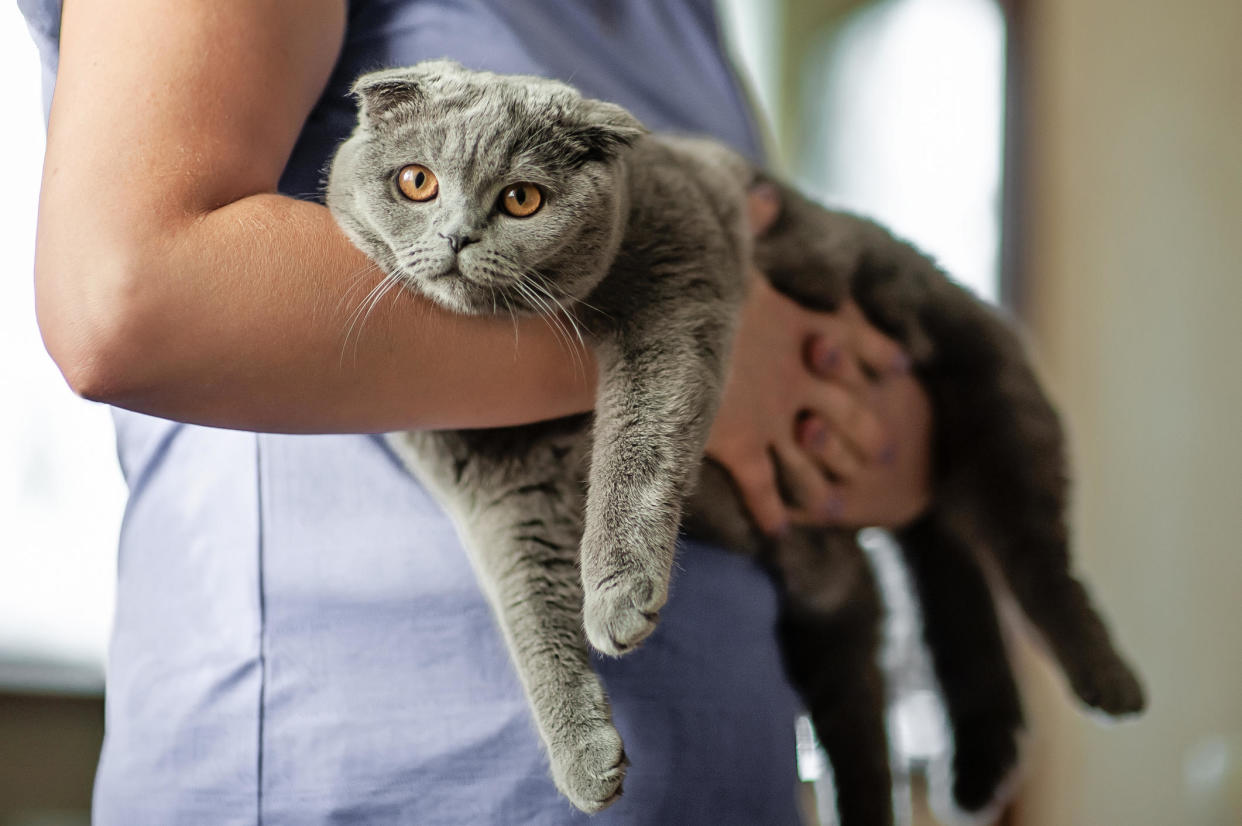How much pet insurance do I need?

Pet insurance offers owners a unique opportunity to both protect their beloved animal and their bank account.
For a minimal fee each month (cheaper if paid on an annual basis) owners can rest assured knowing that their dog or cat has medical care and, should any emergencies arise, they have economic support to get through it.
But pet insurance doesn't work like health insurance for humans. Accordingly, the question surrounding how much coverage owners should have for their pets is a subjective one.
If you think you would benefit from having your animal insured, then start today by getting a free quote.
How much pet insurance do I need?
Here are three considerations to factor in when trying to determine the right amount of pet insurance to buy.
Your pet's age
If your furry friend is young and healthy then you can probably get away with minimal coverage. An accident-only policy won't break the bank but will still offer protection for emergencies. This will only cover your pets for emergencies like broken bones or if they swallow something they shouldn't have. But if you're looking to cut costs and stay insured this can do both.
Just make sure to read the fine print. What's considered covered under an accident-only policy with one insurance provider may not be covered under another and vice versa. And remember: Pet insurance often doesn't cover pre-existing conditions so it's beneficial to act early before any nagging issues arise.
Speak with a pet insurance pro now who can help you build a plan that works for your needs.
Your pet's breed
Regardless of age, some pet breeds are just healthier than others. If you have a pet predisposed to nagging health issues, then, you're probably safer with a more robust plan.
For example, select dog breeds have known health issues. A German Shepherd is more likely to need a medical procedure for hip dysplasia than most other breeds. English bulldogs, Frenchies and many other "flat-faced" dogs are prone to suffer from Brachycephalic Airway Obstruction Syndrome (BAOS).
If you know from the start what health issues your pet is likely to have then you can sign up with a plan to help alleviate the costs in advance before they become more of a financial burden.
Your pet type
There's a reason why cats are generally cheaper to insure than dogs. That's because they tend to live longer and have fewer health issues. Dogs generally have shorter lifespans and more ailments during their life.
So, if you have a dog (and especially if you have one of the breeds mentioned above) then you will likely need significantly more pet insurance protection than you would if you have a cat.
"Dogs cost more to insure than cats, in part due to data that shows they more often require care than cats, and it's more expensive when it's needed," a Money.com report recently claimed. You should buy your pet insurance accordingly.
The bottom line
Pet insurance is often an inexpensive but valuable form of protection. On average, it costs $30 to $70 per month for a dog and $15 to $40 per month for a cat. But how much you spend is really dependent on what you need based on the above three items.
Speak with a pet insurance expert today who can help you build a cost-effective and reliable plan for your animal.
Ina Garten | Sunday on 60 Minutes
Elite 101st Airborne Division practices for war just miles from Ukraine's border

